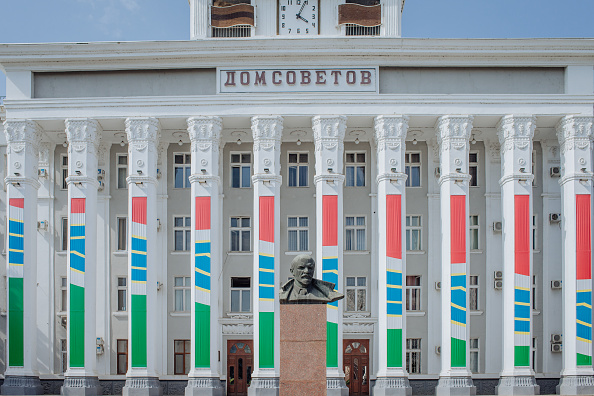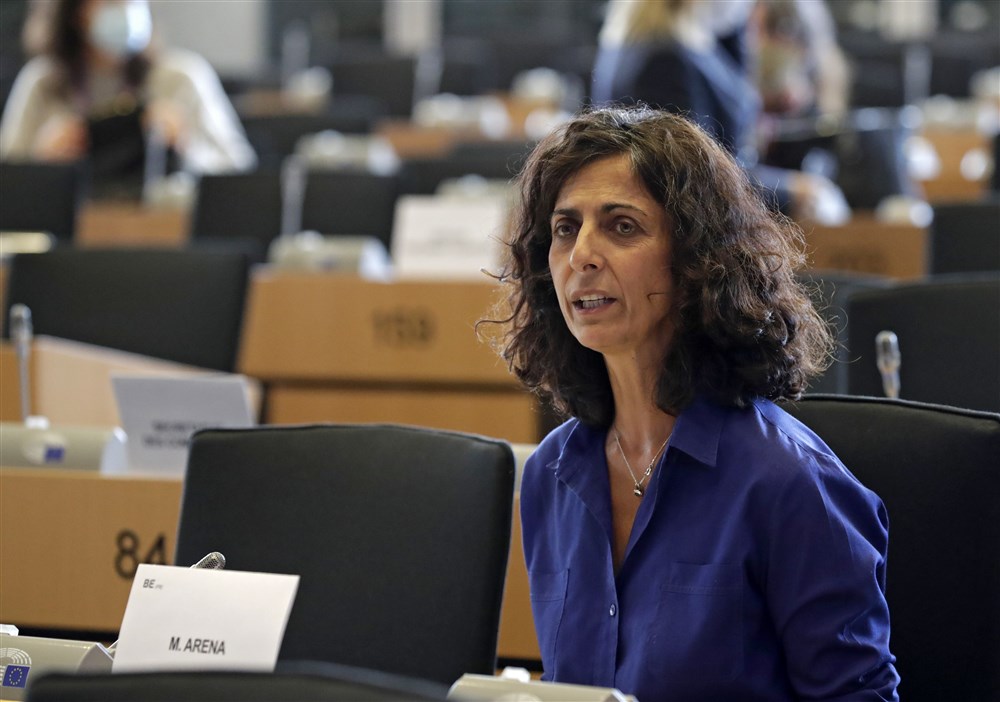Does the rule of law apply only to Central and Eastern European countries and conservative governments? This is the embarrassing question raised by PM Pedro Sánchez and Catalan separatists, which brutally landed on the EU’s table.
Their signed agreement sparked unprecedented outcry in Spain for several reasons: the threat to its territorial integrity and the survival of the most successful Constitution the country has ever had; the anger at leaving the country’s fate in the hands of its undertakers; and the frustration of seeing Sánchez crossing the red lines he swore he would respect during the election campaign.
But also (and this is a European issue), because it is the worst infringement of the rule of law ever committed in the EU.
First, because this amnesty (dictated by its own beneficiaries) enables Parliament to annul all judicial proceedings between 2012 and 2023, including crimes of terrorism, sedition and embezzlement of public funds.
In other words, politicians are putting other politicians above the law just to secure a coalition. Worse, the agreement foresees a Parliamentary committee to address and prevent judicial “lawfare”, thus subordinating the judiciary to the legislative power.
Finally, the amnesty goes totally against the Spanish Constitution as the latter explicitly prohibits general pardons (hence, amnesty) and self-determination referenda, which are also part of the deal. Put it simply, the concessions to Catalan separatists break the equality of Spaniards before the law, suspends the principle of legality, violate the Constitution and buries the separation of powers.
This diagnosis is unanimously shared by all judicial stakeholders: the Spanish Judicial Council, associations of judges (including the one close to the government), prosecutors (hence going against the Chief Prosecutor Alvaro García Ortiz, Sanchez’ puppet), state lawyers, bar associations, lawfirms among others, all are up in arms against the “abolition of the rule of law”, without a single exception.
Even some socialist politicians, including former PM Felipe González, condemned Sánchez’ move in the strongest terms and warned against the irreparable political, legal and social damage caused to the country. All raised their voice unanimously.
So what did the EU do? Sadly, virtually nothing. As we write, the EU maintains its deafening silence. The European Parliament, so prone to launch resolutions on Poland and Hungary? Not a single debate. Rule of law crusaders Petri Sarvarmaa, Guy Verhofstadt, Daniel Freund, Sophie Int’Veld or Gwendoline Delbos Corfield? Not even a tweet. Commissioner Vera Jourova who considers Hungary an “ill democracy”? Nada.
Self-proclaimed rule of law warriors from civil society and academia? They take the Commission to court for being too lenient on Poland, but regarding Spain, they are cowardly missing in action, if not showing understanding to Sánchez. All in all, an astonishing silence with one exception: EU Justice Commissioner Didier Reynders’ letter asking for further information, to which the Spanish Government replied with utmost cynicism.
This step is welcome, but also long overdue, insufficient and comes after years of complacency towards Sánchez. During his first term, the Spanish premier blithely trampled over the rule of law with impunity. For instance, when he appointed his own former Justice minister to the Constitutional Court or amended the criminal code in response to demands from Catalan separatists (again) just to secure his coalition (again), the EU turned a blind eye.
Blunt double standards? At the very least. When back in 2019, while chairing the EU, the Socialist Romanian government tried to adopt a decree to overturn corruption convictions for politicians, President Juncker spoke, Commissioners raised their voices, the Parliament and Romanian socialists backtracked.
Ever since, the EU froze 100 billion euro to Poland for reforming its judiciary in accordance with its own Constitution and for ignoring European Semester’s recommendations. Even harsher treatment for Hungary whose funds are blocked until the country fully complies with 27 “super milestones” imposed to prevent hypothetical harm to the European budget, not completed offences.
Moreover, in an infamous move, the EU kicked out 21 Hungarian universities from Erasmus and Horizon because a handful of politicians were appointed as trustees. The latter resigned in February and still, for unknown reasons, 180,000 students are excluded from those iconic programs.
Yet, while millions of Spaniards march on the streets across the whole country and judges warn against the end of the Rule of Law, will Sánchez get away with one letter only?
It is premature to say, maybe the echo of the mass demonstrations in Spain will reach Brussels but it remains that as they walk, millions of Spaniards look at the EU with both hope and suspicion.
Like it or not, Sanchez’s deal has already become the ultimate test of the EU’s credibility on the rule of law. Is Brussels sincerely attached to it, or is rather a political excuse to sanction the conservative black sheep from Central and Eastern Europe, a cynical path to apply blunt double standards?
That is the question. The EU’s reaction to the situation in Spain will provide the answer.





Europe’s capital needs media to challenge the status quo: That’s why Brussels Signal is launching